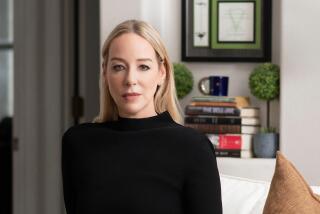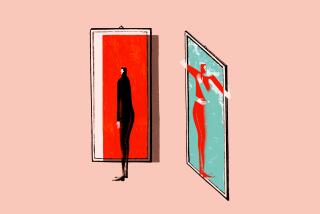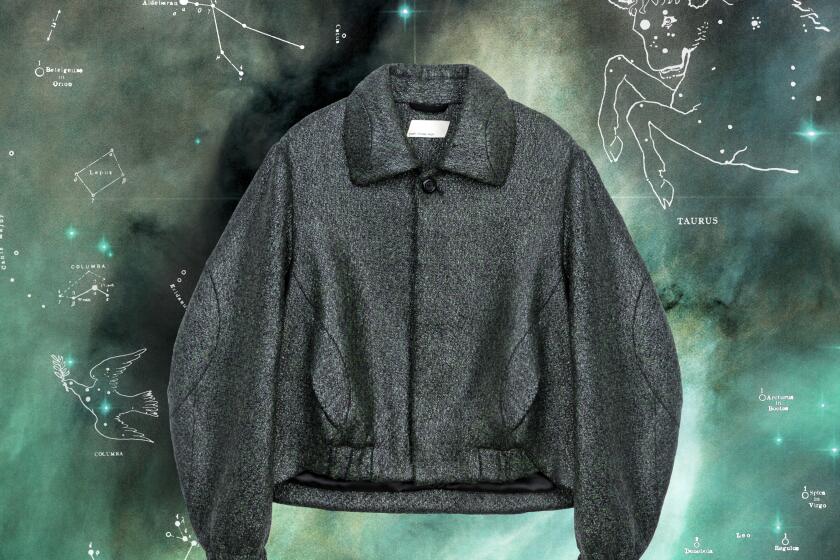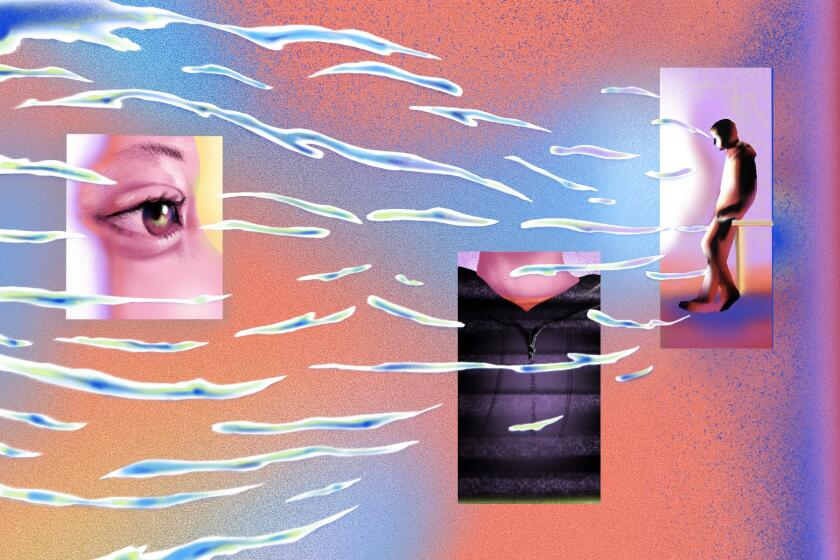‘A Proper Knowledge’ by Michelle Latiolais
A Proper Knowledge
A Novel
Michelle Latiolais
Bellevue Literary Press: 208 pp., $22.95
MICHELLE LATIOLAIS’ second novel, “A Proper Knowledge,” is a book about healing. The story of Luke, whose autistic younger sister died when he was a teenager, it frames autism as both a terrifying prospect and a source of reconciliation in the end. Luke dealt with his sister’s death by becoming a psychiatrist, while withdrawing from the world himself. Now, as an adult, he finds solace in his patients’ rare and miraculous healing, as well as in the healing of his emotions, when he finds a woman with whom he can share the story of his life.
Luke -- “with no last name,” as his love interest, Alice, points out -- is one of those characters we find commonly in fiction but only occasionally in life: a genius in his field, unable to open up to love, marked by trauma and guilt.
Latiolais carefully interweaves the stories of Luke’s patients, past and present, with the doctor’s traumatic memories. This creates a deep register in which we see the many shades of autism, from a patient who has moved past its effects and is attending Brown University to a sister who didn’t make it to adulthood.
“A Proper Knowledge” is very much a Los Angeles novel, and Latiolais describes the routes, streets and freeways of the city as if they were brain pathways. Driving is ubiquitous, and every veer and turn is described as an emotional move, of exasperation or erotic intent.
But we get pulled away from autism when Latiolais steers into the love affair that might heal the doctor, and the book loses some of its unique point of view. While Alice is as singular as Luke’s patients are, with her own secrets and shields, their romance comes across as banal, an easy plot solution to the character’s distress.
The meticulous storytelling that marks the first half of the novel dissipates once Luke starts courting Alice, who is a floral designer as brilliant in her hunt for transient beauty as Luke is in the pursuit of health. Detailed descriptions of aberrant brain chemistry give way to less extraordinary observations about a relationship that flows so naturally we are left to wonder whether these characters were ever as isolated as we have been led to believe.
When the truth about Luke’s sister’s death is revealed, Latiolais shifts gears completely, forgoing nuance and precision for a style that is brutally straightforward instead. Whatever her intentions, we are left with the sense that she is trying too hard to shock us and does not trust us to come to the proper conclusions on our own.
Like the patients she so expertly describes, Latiolais has created a novel that is at times brilliant, at times focused, but remains unfortunately disconnected from itself. *
More to Read
Sign up for our L.A. Times Plants newsletter
At the start of each month, get a roundup of upcoming plant-related activities and events in Southern California, along with links to tips and articles you may have missed.
You may occasionally receive promotional content from the Los Angeles Times.






